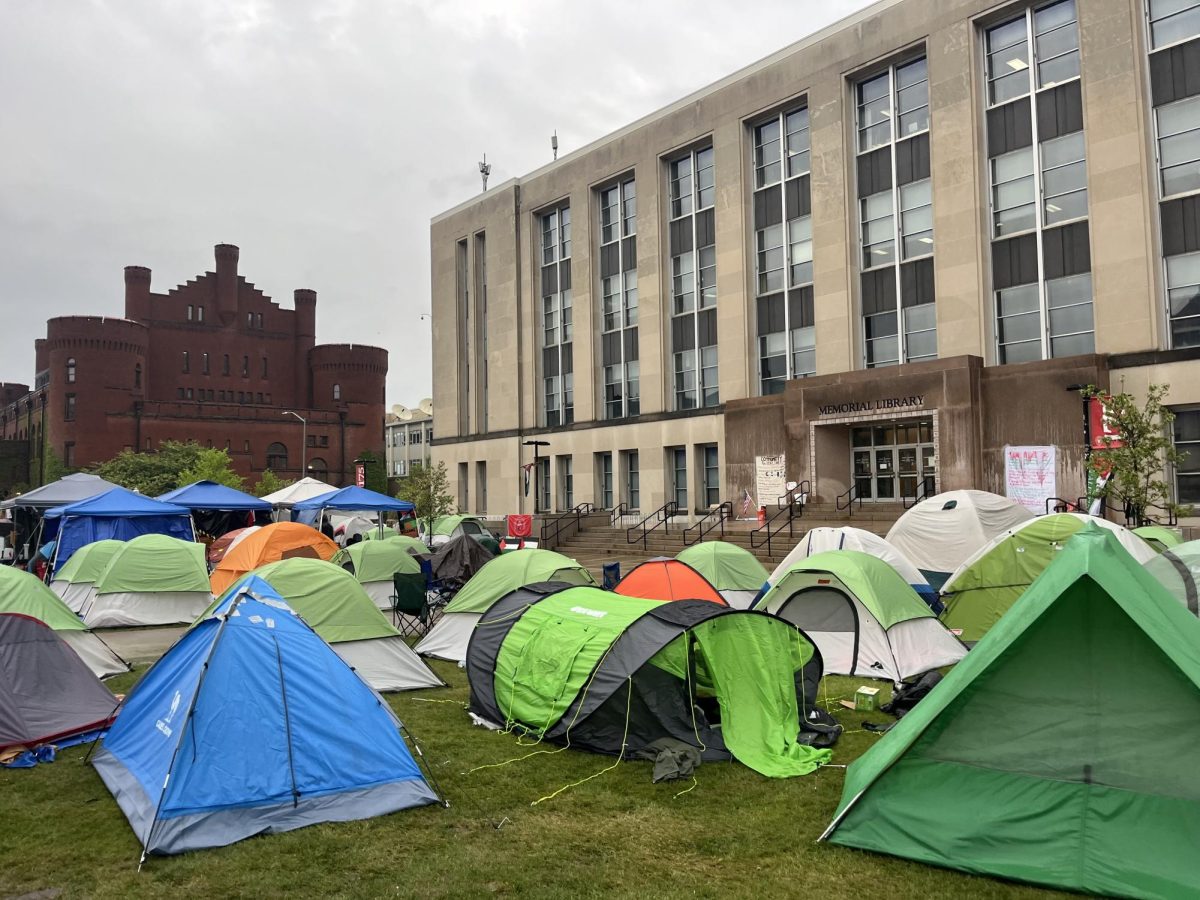A visiting professor at the University of Wisconsin advocated for increased collaboration between the United States and Brazil in the quest for trading partners and fuel-efficiency.
Glauco Arbix, a visiting professor at the UW School of Business who teaches at Universidad de Sao Paulo, spoke with a positive outlook on a future involving heavy trade with Brazil and the economic benefits relations between the countries could produce.
In his opinion, the shrinking gap between the poor and the wealthy in Brazil this year can be attributed to a 67 percent wage increase for most laborers. Also, 15 percent of recent government funding has been devoted to better social security programs, Arbix said.
With this economic development, the U.S. should be able to trust that effective business ventures lie in Brazil.
“Faster growth, plus better social polices, plus low inflation is the reason that Brazil is on the rise,” Arbix said.
Besides more available capital for effective trading, further cooperation between the U.S. and Brazil could foster new scientific discoveries. With the growing need for new sources of fuel, Arbix said the U.S has to look to Brazil for ways to go about gathering this resource.
Bioethanol fuel derived from sugar cane is heavily used in Brazil, Arbix said. Ninety percent of new cars run on flex-fuel, meaning 85 percent of the fuel comes from a renewable resource, like bioethanol, and the other 15 percent of the fuel is gasoline oil.
With America lagging behind on development of more fuel efficient cars, further partnership with Brazil could be what the country needs to jumpstart its research programs, Arbix said.
Arbix concluded with emphasis on the point Brazil needs to strengthen its ties with American universities and research to increase the research put into projects involving biotechnology, renewable energy and fertilizers.
The lecture was part of the Emerging Issues in US-Brazilian Relations conference being held at UW Thursday and Friday.
This convention is being held in honor of Joaquim Nabuco, the first ambassador from Brazil to the U.S. He fulfilled his ambassadorial duties in the early 20th century and delivered a speech on campus in 1909, Masarah Van Eyck, spokesperson for the Division of International Studies, said.
A century later, the Division of International Studies launched the Brazil Initiative, a program with the goal of spreading awareness about Brazil considering it is “one of the four or five emerging powers in the world,” Van Eyck said.
The Brazil Initiative hosted a conference at the beginning of 2009 and now another conference is being utilized Van Eyck said, because “seminars, partnerships and research collaborations allow to show how the United States could further foster their partnership with Brazil, as the country becomes more of a world player.”
The conference opened with a welcoming ceremony and featured introductions of all the foreign speakers who were brought in for the event. The amount of people at the opening alone “exceeded everyone’s expectations,” Van Eyck said.















